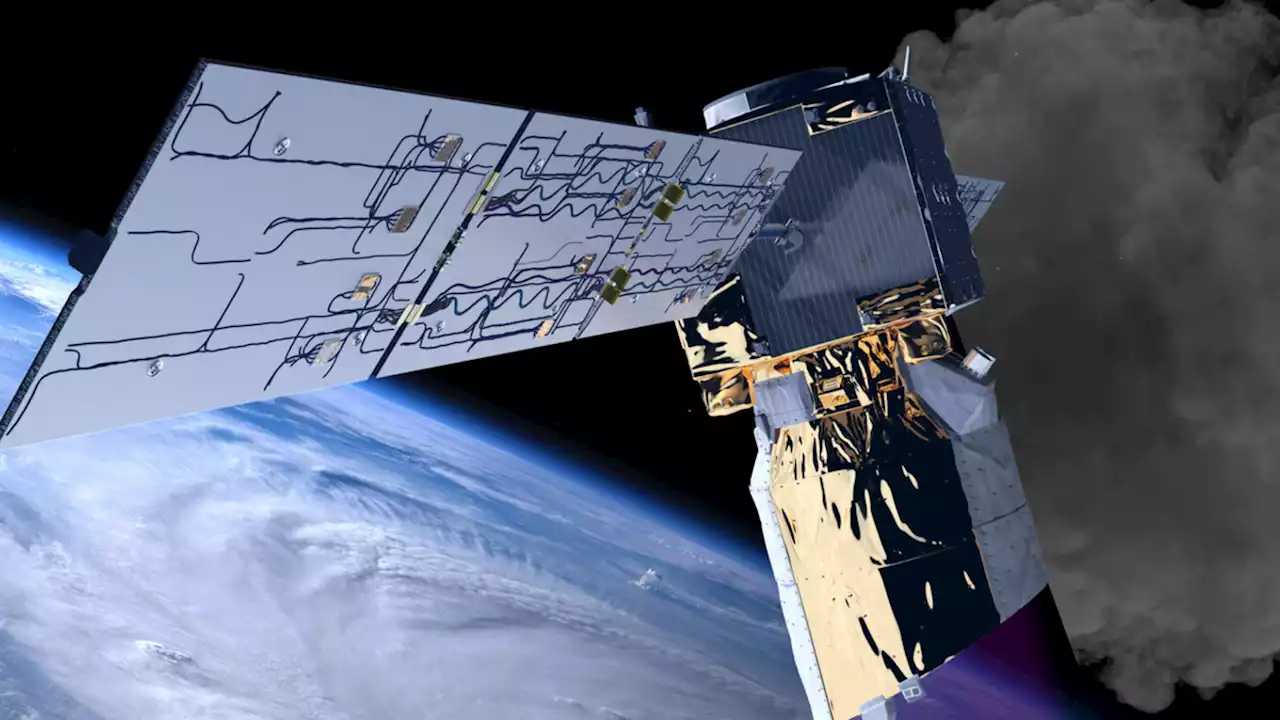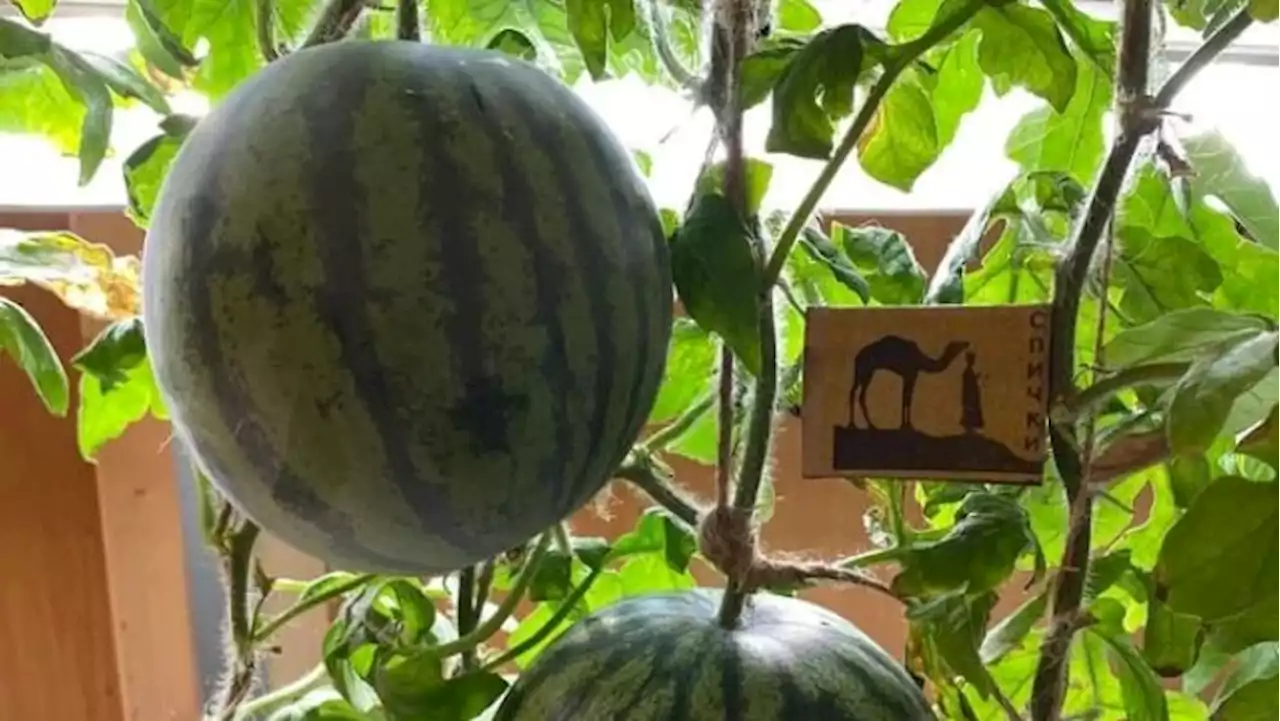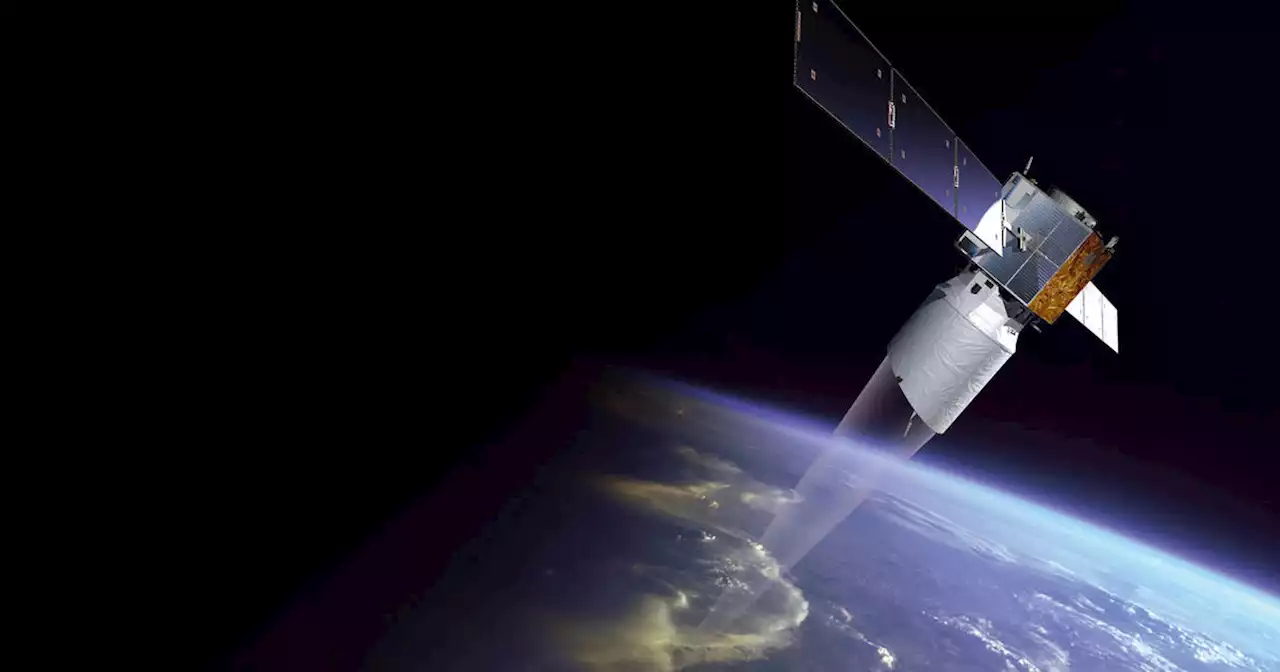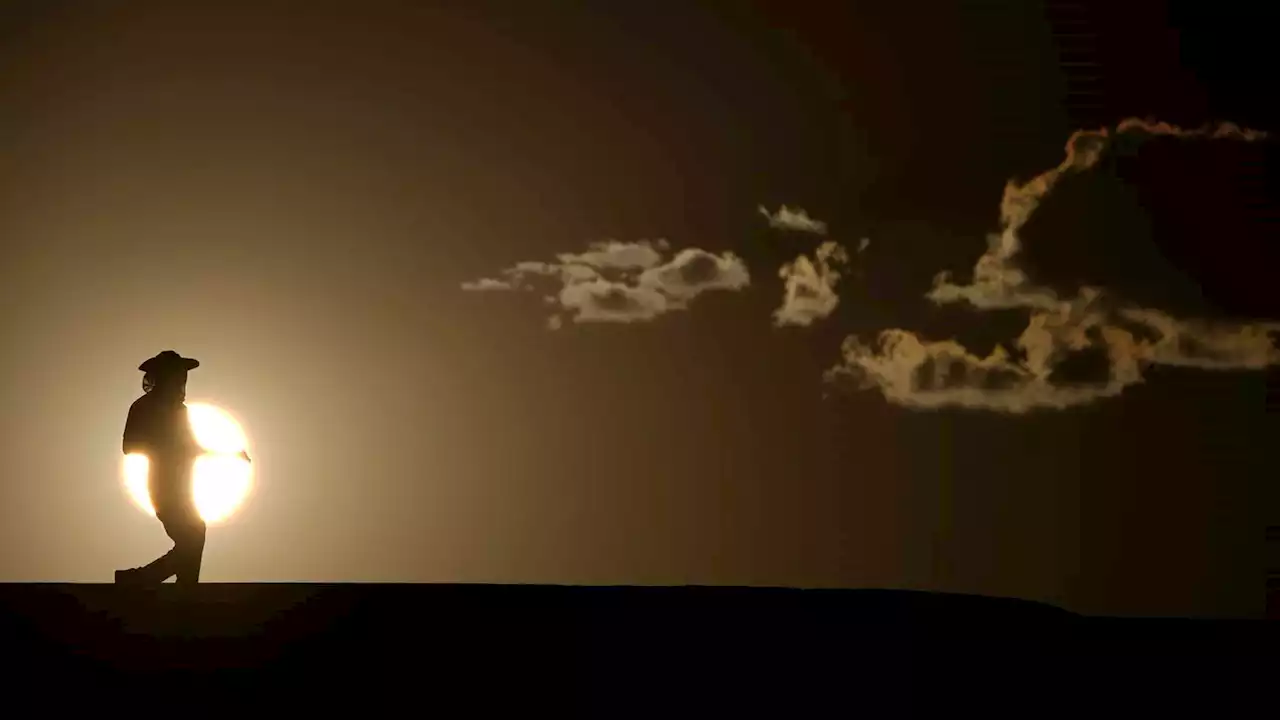A new quick study finds that human-caused global warming made July hotter for four out of five people on Earth
Two outside climate scientists told The Associated Press that they found the study to be credible.
“By now, we should all be used to individual heat waves being connected to global warming,” said Princeton University climate scientist Gabriel Vecchi, who wasn't part of the study. “Unfortunately, this month, as this study elegantly shows, has given the vast majority of people on this planet a taste of global warming’s impact on extreme heat."
Brasil Últimas Notícias, Brasil Manchetes
Similar News:Você também pode ler notícias semelhantes a esta que coletamos de outras fontes de notícias.
 Europe's trailblazing wind satellite comes to a fiery end above EarthThe European Space Agency spacecraft entered the atmosphere and burned up on Friday (July 28).
Europe's trailblazing wind satellite comes to a fiery end above EarthThe European Space Agency spacecraft entered the atmosphere and burned up on Friday (July 28).
Consulte Mais informação »
 Russian scientists have grown watermelons in the coldest place on EarthScientists in Antarctica did the unimaginable: They grew a bounty of watermelons while living on the ice-cold continent.
Russian scientists have grown watermelons in the coldest place on EarthScientists in Antarctica did the unimaginable: They grew a bounty of watermelons while living on the ice-cold continent.
Consulte Mais informação »
 Did Powerful Asteroid Impacts Make Venus So Different From Earth?A new study connects impacts during Venus' early history to its smooth and 'youthful' appearance today.
Did Powerful Asteroid Impacts Make Venus So Different From Earth?A new study connects impacts during Venus' early history to its smooth and 'youthful' appearance today.
Consulte Mais informação »
 Satellite becomes first to be guided back into Earth's atmosphere, reducing debris riskThe reentry assist, a world first, meant teams were tasked with guiding Aeolus through part of its descent, from an altitude of 320 kilometers to 120 kilometers, before burning up in Earth's atmosphere.
Satellite becomes first to be guided back into Earth's atmosphere, reducing debris riskThe reentry assist, a world first, meant teams were tasked with guiding Aeolus through part of its descent, from an altitude of 320 kilometers to 120 kilometers, before burning up in Earth's atmosphere.
Consulte Mais informação »
 How the “Nuclear Renaissance” Robs and Roasts Our EarthNuclear power not only costs twice as much as wind and solar, it’s responsible for superheating our air and waterways.
How the “Nuclear Renaissance” Robs and Roasts Our EarthNuclear power not only costs twice as much as wind and solar, it’s responsible for superheating our air and waterways.
Consulte Mais informação »
 NASA accidentally severs contact with Voyager 2 probe 12 billion miles from EarthAfter accidentally shifting Voyager 2's antenna by two degrees, NASA is out of contact with the interstellar probe until at least Oct. 15.
NASA accidentally severs contact with Voyager 2 probe 12 billion miles from EarthAfter accidentally shifting Voyager 2's antenna by two degrees, NASA is out of contact with the interstellar probe until at least Oct. 15.
Consulte Mais informação »
